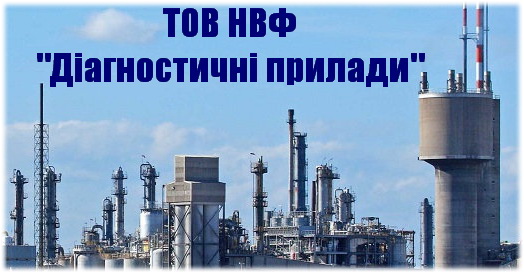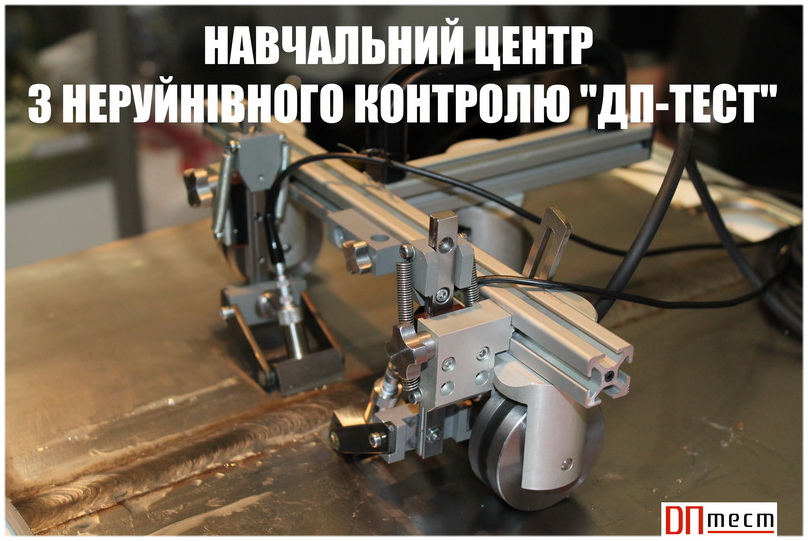Relevance of the topic: the topic of the master's thesis, "Enhanced Automated Energy-Saving Subsystem in Heating Systems," is highly relevant in the context of the growing demand for energy-efficient technologies. The continuous increase in energy resource costs and the need to reduce greenhouse gas emissions compel society to optimize energy usage.
Existing heating systems often lack the capability to adapt effectively to changing operating conditions, leading to increased energy consumption and reduced efficiency. The enhanced automated energy-saving subsystem addresses this issue by implementing modern technologies that ensure precise pump control and optimization of the thermal regime. Its relevance is further emphasized by the ability to manage the system remotely, meeting contemporary user demands for convenience and mobility.
Research Aim and Objectives: the aim of this study is to develop and implement an enhanced automated energy-saving subsystem in heating systems, optimizing pump performance, reducing energy consumption, improving heat supply efficiency, and ensuring convenient system control.
To achieve this aim, the following objectives were addressed:
- Analyzed energy-saving challenges in heating systems and determined the relevance of automated subsystems.
- Reviewed modern technologies and justified the selection of components for the subsystem.
- Developed structural, functional, and circuit diagrams of the system.
- Created software for pump management with remote control capabilities.
- Implemented component protection by designing a specialized enclosure.
- Conducted subsystem testing and assessed its energy efficiency, economic viability, and environmental impact.
- Prepared recommendations for scaling the system for mass production.
Object of research: an automated pump management system in heating systems with remote control capabilities.
Subject of research: principles of development, functioning, and optimization of the automated energy-saving subsystem in heating systems using remote control.
Research methods: the work is based on a systematic analysis of existing solutions, electronic design, microcontroller programming, and testing the developed systems under model conditions.
Scientific Novelty of the Results Obtained:
- Proposed a new approach to optimizing pump operation in heating systems, considering real system demands and enabling energy consumption reduction.
- Developed an algorithm for automated pump management that ensures adaptive subsystem operation based on temperature and humidity changes.
- Improved energy-saving methods in heating systems by creating an automated pump management subsystem with adaptive parameter control.
- Proposed a technical solution for remote subsystem management.
Research advisor: S. Tkachenko









